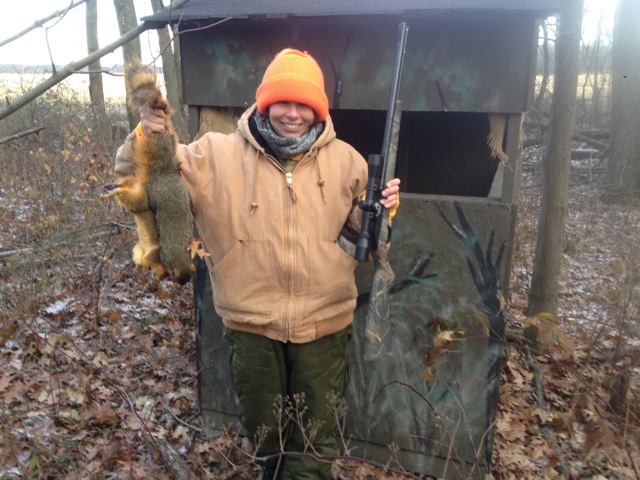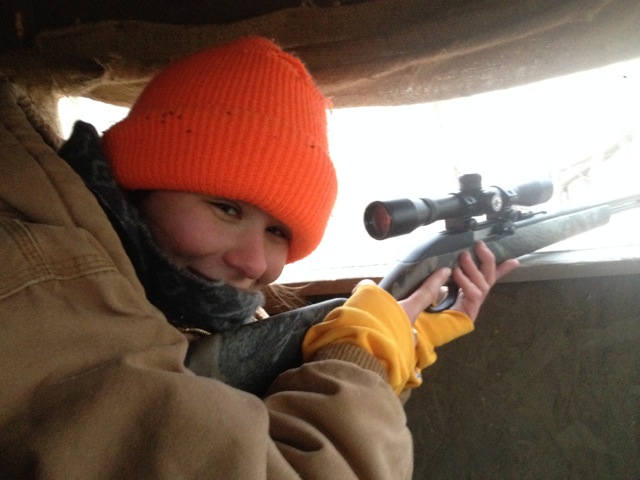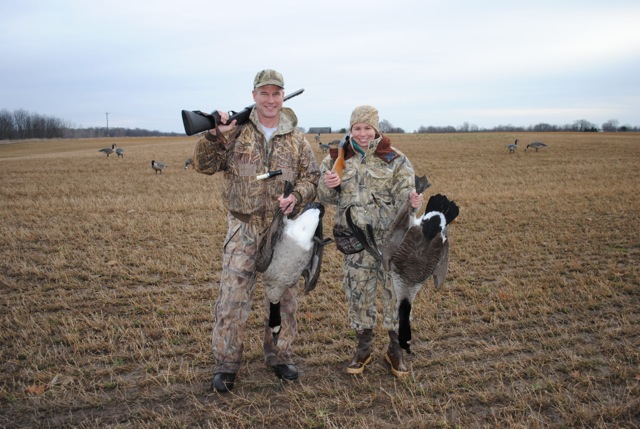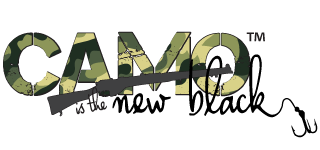
 Growing up in suburban metro-Detroit, my family was never interested in the outdoors. As a child, most of the interaction I had with wildlife occurred at nature centers or on school field trips. But after a few semesters at college I surprised everyone by deciding to study Fisheries & Wildlife Biology.
Growing up in suburban metro-Detroit, my family was never interested in the outdoors. As a child, most of the interaction I had with wildlife occurred at nature centers or on school field trips. But after a few semesters at college I surprised everyone by deciding to study Fisheries & Wildlife Biology.  Pursuing studies in natural resource management as an undergraduate exposed me to the idea of hunting (or “population control,” “harvesting” and simply “management”). As a student, I was taught that the North American model of wildlife management requires hunting to help keep some species’ populations under control for the benefit of ecosystems as a whole. Beyond that, hunting seemed to be most often viewed by my peers as a beloved cultural pastime and hobby. Many of my classmates, professors, and friends were hunters or anglers themselves.
Pursuing studies in natural resource management as an undergraduate exposed me to the idea of hunting (or “population control,” “harvesting” and simply “management”). As a student, I was taught that the North American model of wildlife management requires hunting to help keep some species’ populations under control for the benefit of ecosystems as a whole. Beyond that, hunting seemed to be most often viewed by my peers as a beloved cultural pastime and hobby. Many of my classmates, professors, and friends were hunters or anglers themselves. Eventually this academic familiarity with hunting sparked my curiosity. Despite my clear lack of knowledge with the practical aspects of hunting, I was able to convince coworkers of mine to take me with them on their excursions. First, I tagged along on a duck hunt. For some reason, I believed that hunting was “easy.” How could it not be? The ducks and other game species I had always seen were those that hang around university campuses or city plazas, begging for crumbs.
That was my first mistake. To start with, we had to drive around, drop off a truckload of supplies, and then “hide” our vehicle (this is, evidently, common practice- wild animals can now identify hunters’ trucks). Then, I was handed a shovel and told to start digging a shallow patch in the field- it was going to be necessary to partially cover the blind I would be hiding in. After that, we waited. Despite the numerous flocks of waterfowl flying past, luring a group of ducks to our hiding spot took considerable effort. Ultimately, we were rewarded for our hours of work with a single mallard, shot by my coworker.
I went hunting with co-workers a few more times throughout the next year… There was a goose hunt where, instead of grabbing my shotgun as the bird flew overhead, I plugged my ears (this is something I still hear about on occasion, and friends like to remind me that it is perhaps the worst strategy for harvesting a goose). I also experienced a pheasant hunt while spending a week with the Conservation Leaders for Tomorrow.
 I would consider all of the previously described hunts as “successes” because I was able to learn about and experience hunting, however the first time I actually harvested an animal was while a coworker and I were looking for squirrels. Or, I was looking for squirrels and he was hoping a deer would wander by (unfortunately for him my constant chattering and questions prevented this).
I would consider all of the previously described hunts as “successes” because I was able to learn about and experience hunting, however the first time I actually harvested an animal was while a coworker and I were looking for squirrels. Or, I was looking for squirrels and he was hoping a deer would wander by (unfortunately for him my constant chattering and questions prevented this). Ultimately it surprised me to discover the level of engagement that hunters have with the natural world. As a student, I was shocked to learn that in many circles the migration patterns, breeding cycles, and life history of species is considered “common knowledge.” As a novice hunter, who was shown the ropes by friends, coworkers, and others, I was impressed by the respect and care given to animals and their environment.
For me, it was never the sport of hunting that drew my interest, but better understanding the vital role that hunters play in stewardship of the environment. My coworkers and friends within the realm of natural resources took me under their wing, and helped to teach me about the tradition of hunting (thank you!). In the future, I hope to continue learning about the sport of hunting- my end goal is no longer purchase any meat from grocery stores, in favor of wild game.
Megan lives in Minneapolis, and is pursuing graduate studies in the Human Dimensions of Natural Resource Management. When she isn’t working on her thesis, she spends her time hiking, birding, and rock climbing.




Leave a Reply